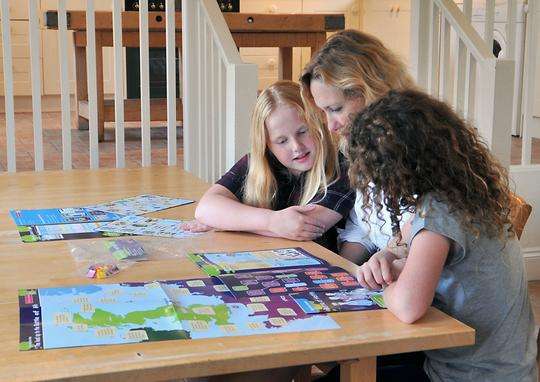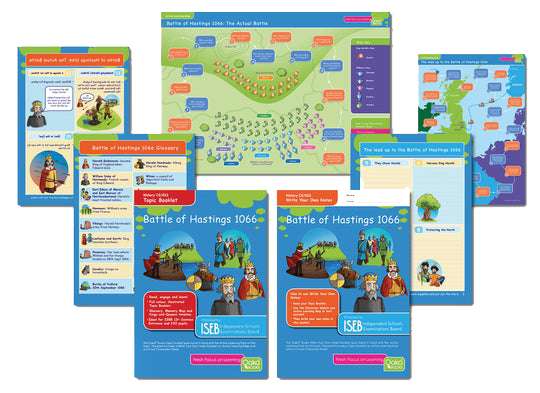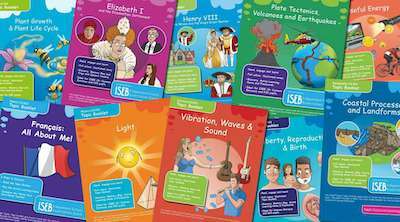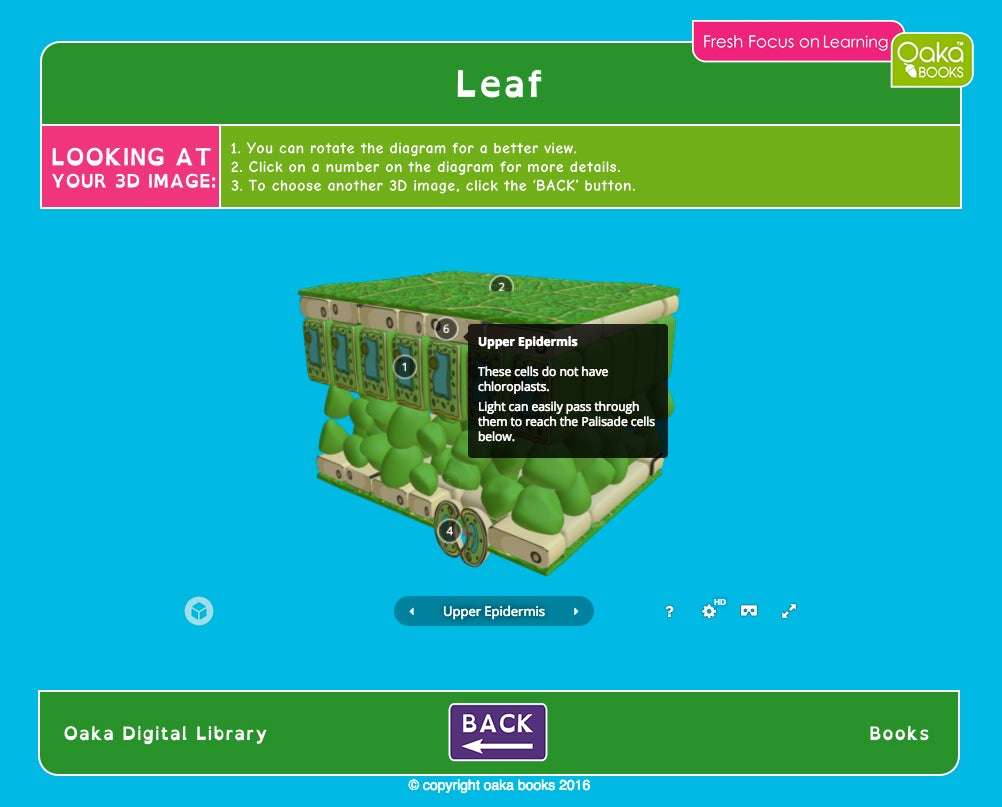The transition from one school to another will always be a big deal for our neurodivergent children. The move from primary to secondary is huge. Usually, we know quite early on where they are going, we can find out the curriculum and we understand what our child’s personal issues may be. So, as Professor Amanda Kirby in her excellent Neurodiversity 101 papers asks, ‘why is it still a surprise?’
The big issues are obvious and are usually assisted by your child’s primary school (or should be). School visits, music and sporting events at the new school are relatively easy to organise in the state sector where large cohorts of pupils will move on to the same secondary school. It is trickier in the private sector where pupils will go on to a broader range of secondary pupil schools and in a wider geographical area. While secondary schools make efforts to help pupils feel comfortable in their new environments, it is often the little things that will make the world of difference to our neurodivergent children. One or two school visits is often not enough for them and we need to think outside the box a little more.
So, how can we, as parents and carers, help prepare our children?
Professor Kirby suggests that we first look at some of the changes they will encounter…
- They will have new teachers and many more of them, usually one per subject.
- They will encounter many more individuals and more crowds. A primary school may have around 250-500 pupils whereas a secondary school will be upwards of 1,500.
- The campus will be far, far larger than they are used to.
- Everywhere will be noisy – the corridors, the canteen, walking to and from school.
- Toilets will be different, and they will have a locker (with keys or codes) to use.
- Break times will be less structured, there will be fewer teachers per pupil offering pastoral care and ‘keeping an eye’.
- They will have new friendship groups to navigate.
- The uniform will be different with a new fabric perhaps and different fastenings.
And how about in the classroom?
- There will be more subjects.
- The speed of lessons will be greater.
- The language used in lessons will be more complex for each subject.
- Pupils will need to write their own notes and information will be more detailed.
- They will have more of their own choices to make – what sports will I play, will I audition for a play, will I play an instrument, do I want to be in the choir?
- They will have to move from classroom to classroom for each lesson.
- They will need to remember to have the necessary equipment with them for each lesson.
- There will be more team sports and less focus on basic sports skills.
Crucially, we need to identify which of these will affect our child the most and then construct a plan to help them navigate the change. But we need to do this early on and consistently.
Some of Professor Kirby’s conclusions for a successful transition include…
- Start planning much earlier than you think!
- As a school, include parents in the plan and arrange tours of the new school for them. As a parent, if this does not happen, then you need to make it happen yourself. You cannot help your child navigate a new building that you have not seen!
- Identify the specific challenges you see for your child and discuss these ahead of time with the new school. It is no good waiting until day one and trying to grab a teacher for ‘a quick chat about Jonny’. They won’t have the time.
- Make sure the new school is aware of any support your child needs and any extra exam provision well ahead of their start date.
- Several visits to the school should be organised and key places pointed out – canteen, toilets, assembly hall, lunch area, play areas, safe spaces, sensory room (if there is one).
- Get photos of the new teachers so pupils will be familiar with them on day one. If your primary school does not do this, with a little bit of digging you can often find photos of your child’s new teachers on the school website, twitter or Linkedin.
- Find out how the lunch system works – is it cash, cards, how many pupils take a packed lunch?
- Get a typical timetable from the school and go through what a day and week will look like.
- Talk about the school rules and new risks for the children – are they walking on their own, will they take a bus or train, who will they choose to site next to, how will they avoid any troublesome pupils?
- Does your child need an assessment for any neurodivergence? If so, get on it early as these take a long time to access.
How to prepare for the new lessons…
- Use the long summer holidays to play KS3 games that will help introduce and embed some of the new words they will hear in their lessons.
- Use glossaries of key words for the subjects they will be studying. Learning key science definitions, for example, will make them feel so much more confident.
- Ask the new school for a list of topics each subject will be covering in the first term and introduce these in a fun way in the months before they start.
The transition to their secondary school will be an exciting time but it can be a very scary one. Fear of the unknown can be huge but providing knowledge ahead of their start date will dramatically reduce their anxiety. Be prepared to fight the corner for your child. Some schools will be incredibly helpful, others not so but it is your child and you are the person who will care most about their happiness and wellbeing.





